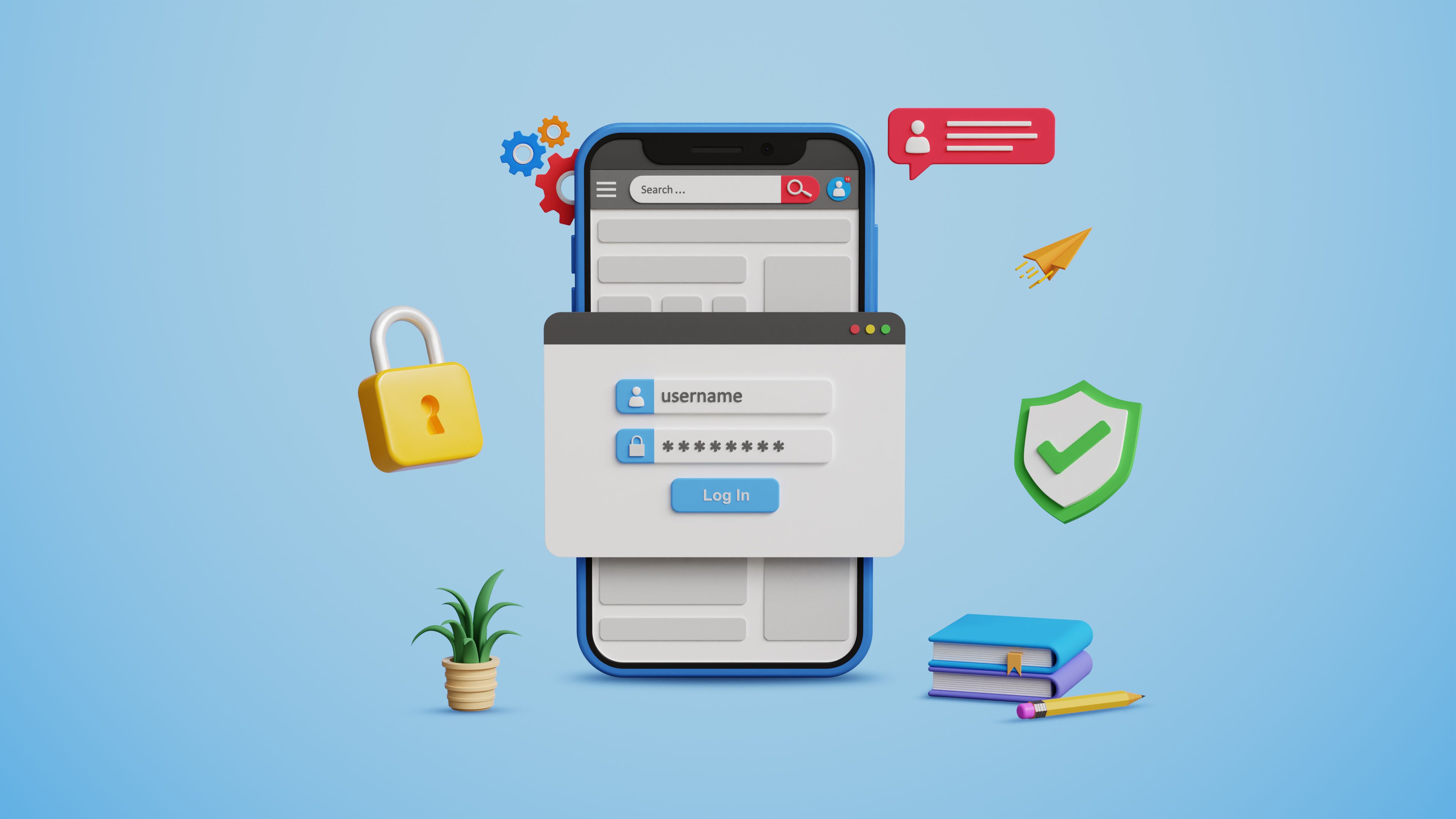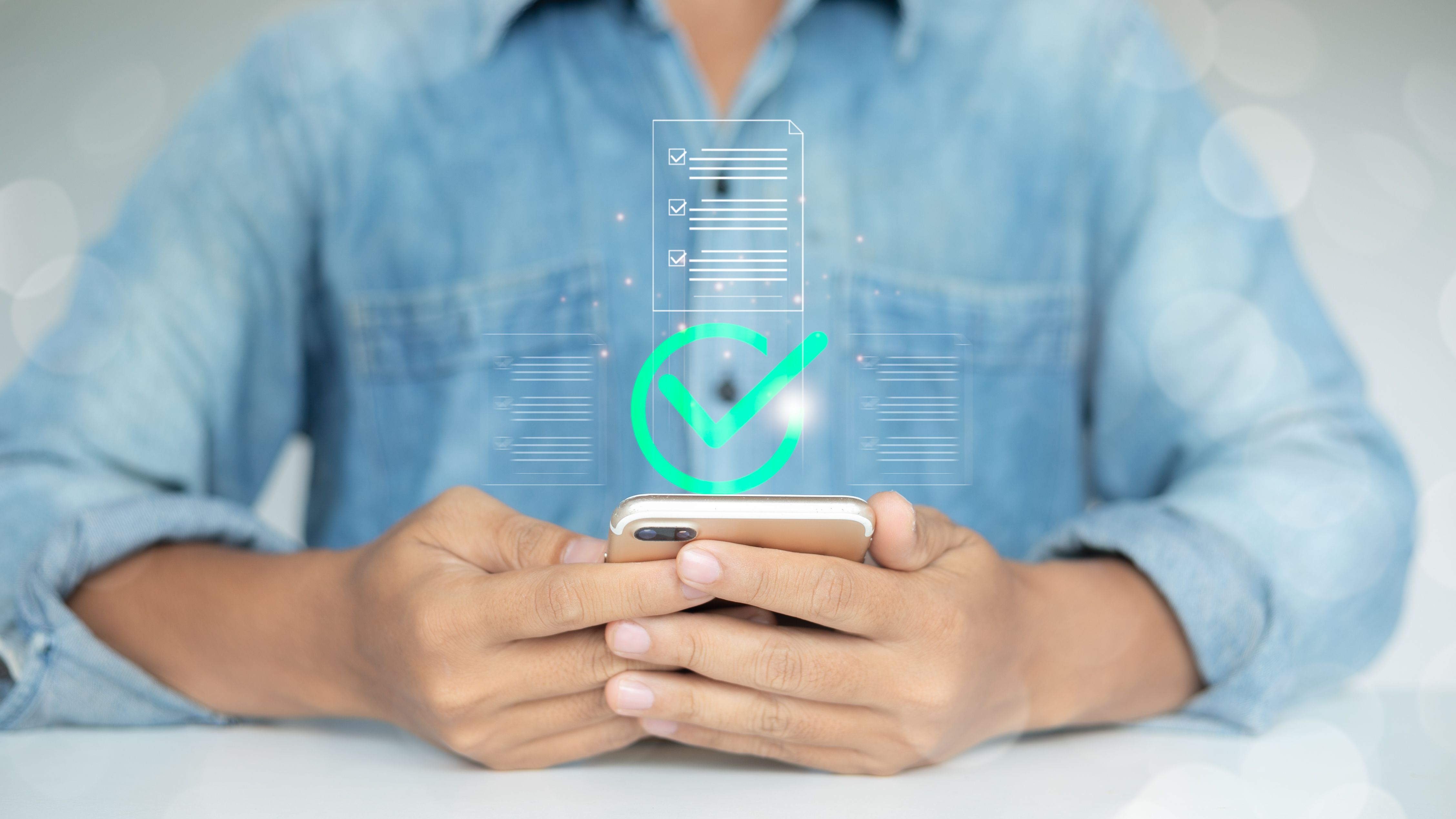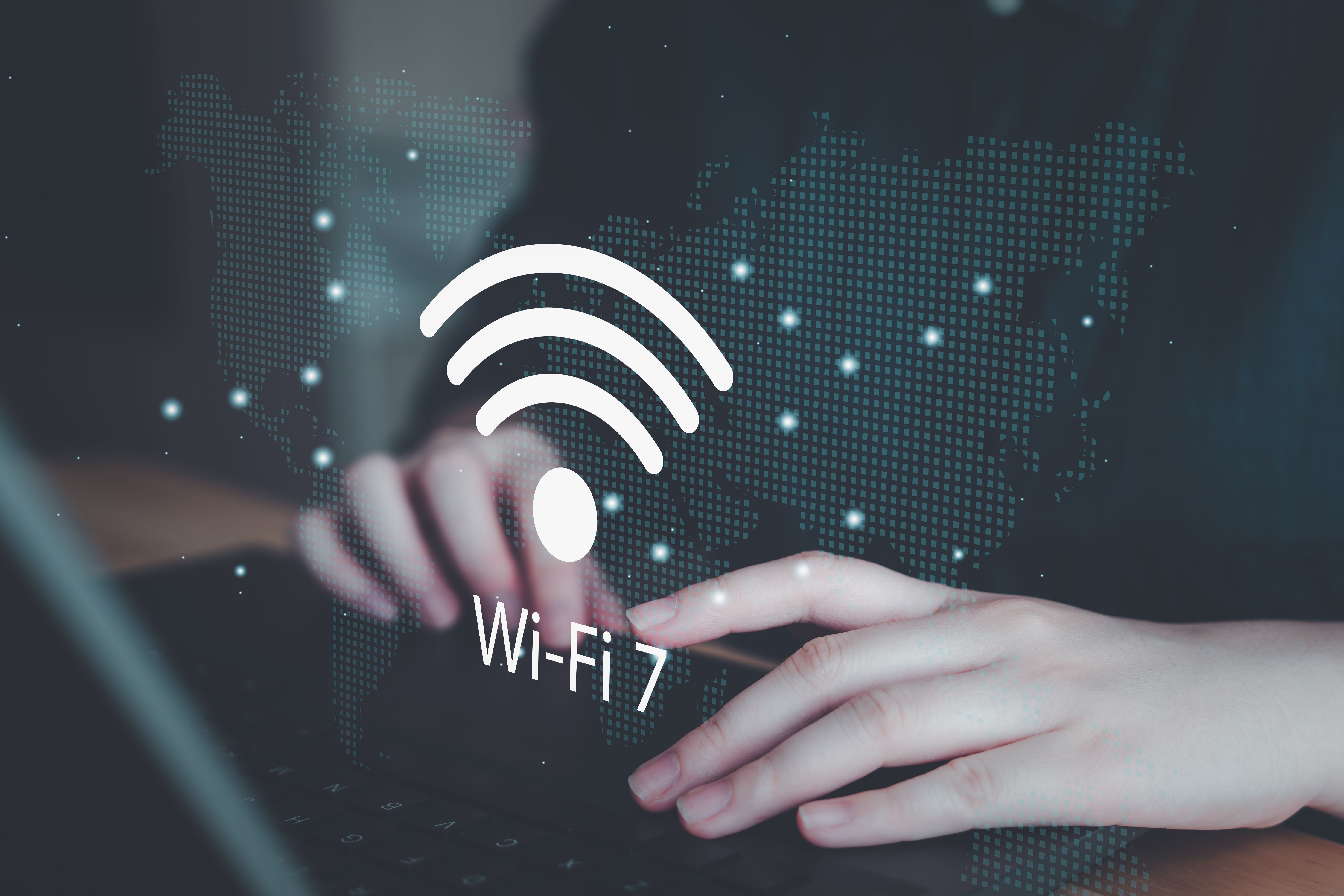Enhance Your Smartphone Privacy: 25 Essential Tips and Tricks
JT
In today's digital age, smartphones have become an integral part of our lives. They hold our most sensitive information, from personal messages to financial data. Ensuring your smartphone's privacy is crucial to protecting yourself from potential threats. Here are 25 essential tips and tricks to enhance your smartphone privacy.
Strengthen Your Passwords
The first line of defence in smartphone security is a strong password. Avoid using easy-to-guess passwords like "123456" or "password." Instead, opt for a combination of letters, numbers, and special characters to create a robust password.
Additionally, consider using biometric authentication methods such as fingerprint or facial recognition for an added layer of security. These methods not only enhance security but also offer convenience.

Enable Two-Factor Authentication
Two-factor authentication (2FA) adds an extra layer of security by requiring a second form of verification in addition to your password. This could be a code sent to your phone or an authentication app that generates a unique code. Enable 2FA on all apps and accounts that offer it.
App Permissions and Privacy Settings
Please look over the permissions granted to apps on your smartphone. Many apps request access to data that is not necessary for their function. Regularly check your app settings and revoke permissions that seem excessive or unrelated to the app's purpose.
Also, you can just take advantage of privacy settings on your smartphone. Both Android and iOS devices offer privacy features that allow you to manage how your data is shared and with whom.

Regularly Update Your Software
Software updates often include critical security patches that protect your device from new threats. Ensure your smartphone is set to update automatically, or regularly check for updates manually. Keeping your operating system and apps up-to-date minimises vulnerabilities.
Secure Your Internet Connection
Whenever possible, use a secure Wi-Fi network. Public Wi-Fi networks can be risky as they are often unencrypted, making it easier for hackers to intercept your data. If you must use public Wi-Fi, consider employing a Virtual Private Network (VPN) to encrypt your internet traffic.

Install Trusted Security Software
Installing reputable security software can provide an additional layer of protection for your smartphone. These tools can help detect and remove malware, block phishing attempts, and secure your internet browsing.
Regular Backups and Data Management
Conduct regular backups of your smartphone data to ensure you don't lose important information in case of a breach or device failure. Use cloud services or external storage options that offer encryption to protect your data.
Additionally, routinely clean up unnecessary files and apps from your device. This not only frees up space but also reduces the amount of potentially vulnerable data stored on your smartphone.

By implementing these tips and tricks, you can significantly enhance the privacy and security of your smartphone. Taking proactive steps to safeguard your personal information will help protect you from potential cyber threats and give you peace of mind in our increasingly connected world.
